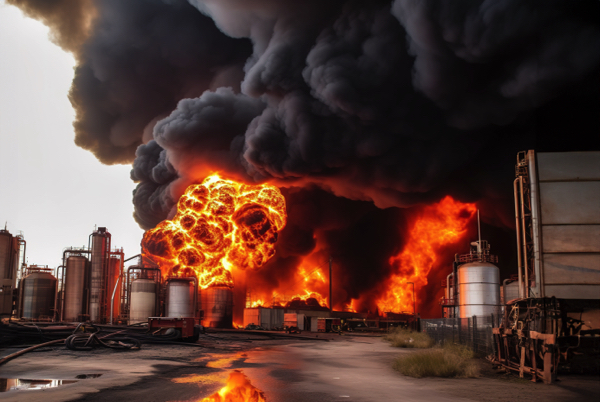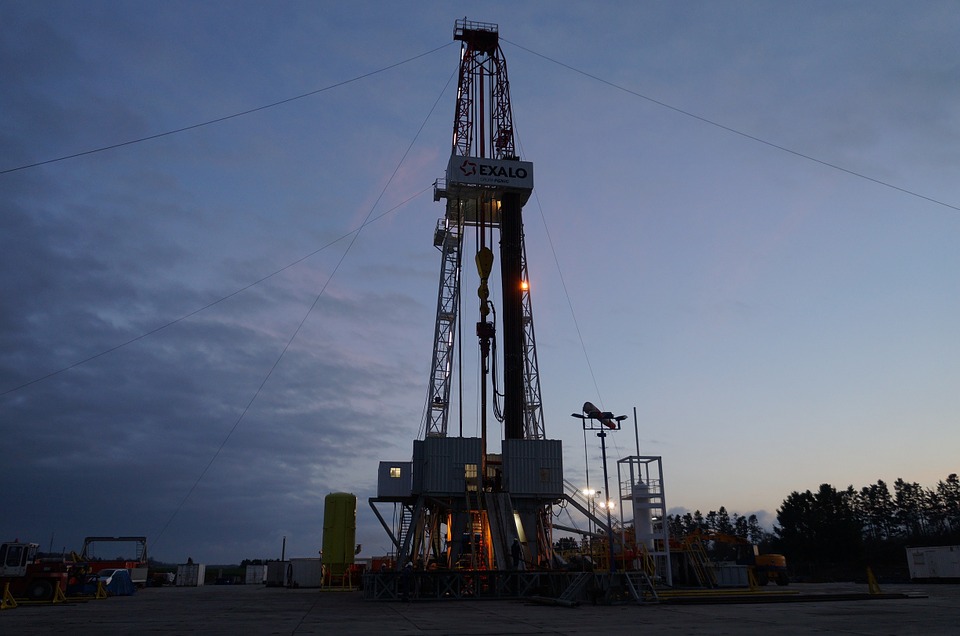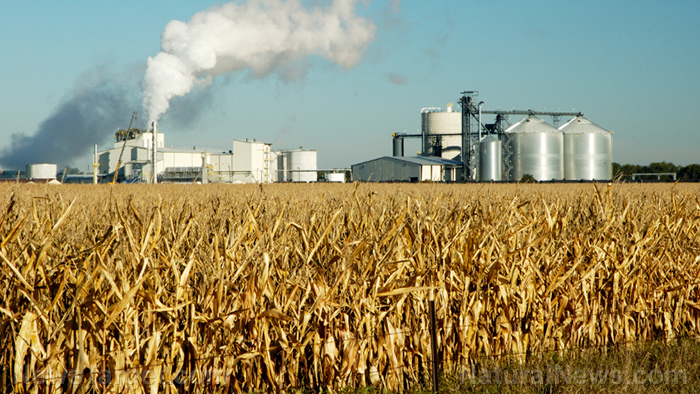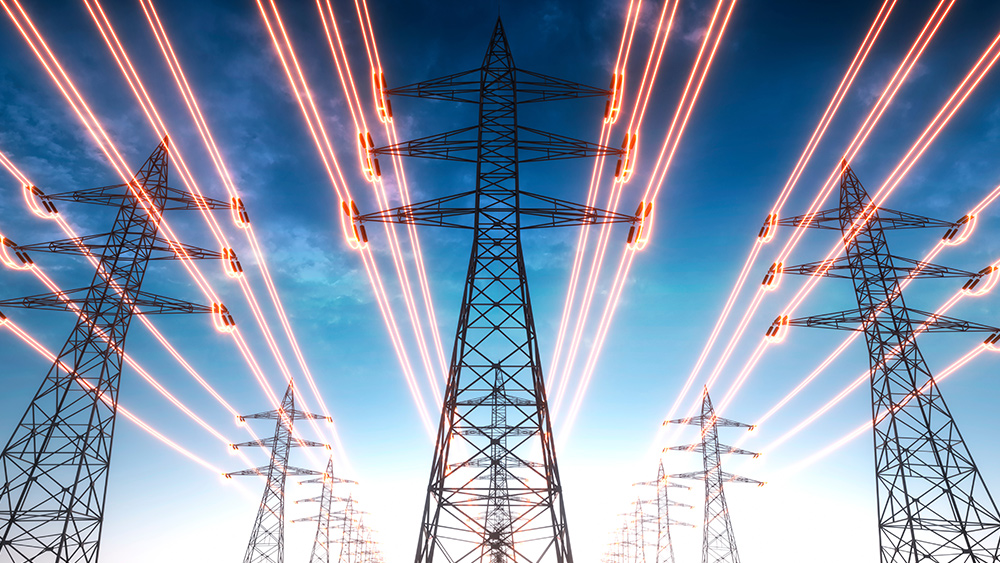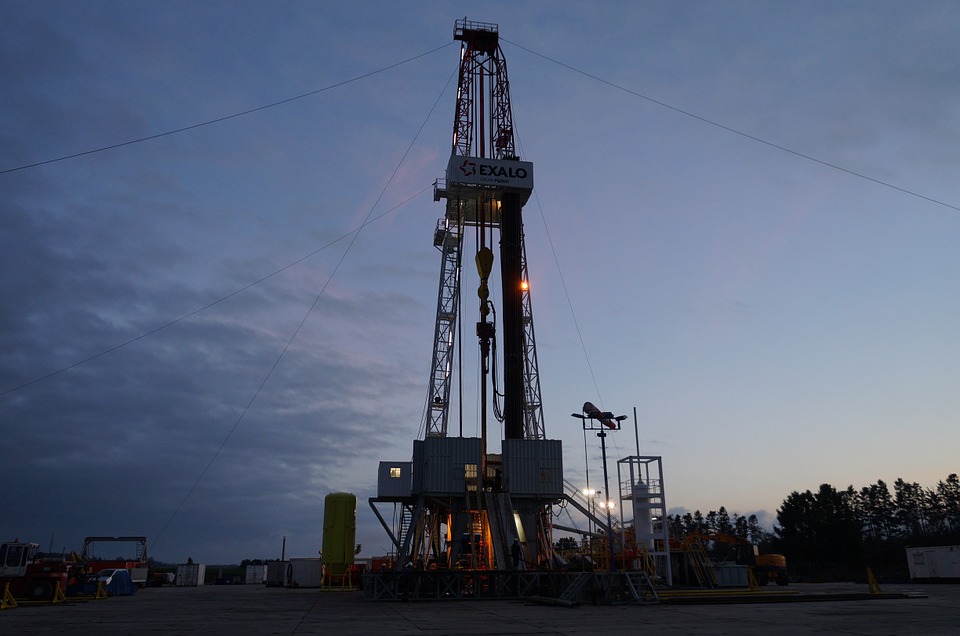Barge strikes Pelican Island Bridge in Galveston, causing oil spill and bridge’s partial collapse
05/17/2024 / By Arsenio Toledo
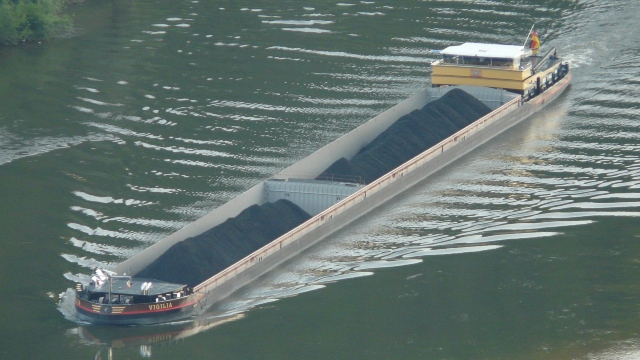
A barge has struck the Pelican Island Bridge in Galveston County, Texas, which links the Galveston and Pelican islands, partially collapsing the bridge and forcing its closure until authorities deem it safe.
On Wednesday, May 15, a tugboat operator leaving the nearby container terminal Texas International Terminals lost control of two barges it was pushing. One of the barges, owned by Martin Petroleum, struck the Pelican Island Bridge at around 10 a.m. Central Time.
“The current was very bad, and the tide was high,” said David Flores, a bridge superintended with the Galveston County Navigation District. “He lost it.”
The impact caused a portion of the bridge to collapse. The impact even sent massive pieces of the bridge tumbling on top of the barge. The impact also affected nearby electric lines, causing a temporary power outage on Pelican Island.
Galveston County Judge Mark Henry reported that the collision resulted in a spill of vacuum gas oil. The barge has a capacity of 30,000 gallons, but Henry reported that it is unknown at this time how much oil was on board when it struck the bridge.
Two people jumped off the barge in the collision, but they were quickly rescued. No injuries were reported.
Multiple local and state officials have responded to the incident, including officials from the Texas Department of Transportation, and fire, police and emergency management officials from the City of Galveston. The Texas A&M University at Galveston (TAMUG) has even sent units to help out, as its main campus is on Pelican Island. The United States Coast Guard has also been called in to determine the extent of the spill and initiate the containment and cleanup process.
On Wednesday night, local officials allowed residents to cross the bridge on foot. As of press time, one lane of the bridge has reopened to allow people to leave the island, but cars are still not allowed to drive into Pelican Island. (Related: Two Pittsburgh bridges closed after 26 barges broke loose on Ohio River.)
Collision could affect Galveston’s local economy
Ports along the Texas Gulf Coast are hubs for international trade, but experts have noted that the waterways along Pelican Island are lesser-used and the collision is unlikely to result in serious economic disruptions.
“Because Pelican Island is a smaller location, which is not in the heart of commercial events, then the impact is not as devastating,” noted Marcia Burns, a maritime transportation expert at the University of Houston. “It’s a relatively smaller impact.”
However, the local economy could be affected, as Pelican Island is on the opposite side of Galveston Island’s beaches which draw in millions of tourists each year. Pelican Island also hosts a shipyard and multiple industrial facilities.
TAMUG reported that there were fewer than 200 people on campus when the collision happened, and students were allowed to leave after officials allowed Pelican Island residents to leave through the bridge. A handful of students may still be on campus, and university officials have warned those who left to “be prepared to remain off campus for an unknown period of time” should the bridge be shut down again.
Visit Disaster.news for more stories like this.
Watch this news clip from KTRK reporting on the barge that struck the Pelican Island Bridge.
This video is from the GalacticStorm channel on Brighteon.com.
More related stories:
Another container ship “loses power” in NYC harbor right before Verrazzano-Narrows Bridge.
Rebuilding Francis Scott Key Bridge could cost $1 billion and take 10 years.
Hundreds of jobs, millions in tax revenue at risk while Port of Baltimore remains closed.
Cargo ship that hit Baltimore Bridge was also involved in Belgium collision in 2016.
Sources include:
Submit a correction >>
Tagged Under:
accidents, big government, bridge closure, bridge collapse, bridge collision, chaos, collapse, dangerous, disaster, environment, Galveston, national security, oil spill, panic, Pelican Island, Pelican Island Bridge, SHTF, Texas
This article may contain statements that reflect the opinion of the author
RECENT NEWS & ARTICLES
COPYRIGHT © 2022 FuelSupply.news
All content posted on this site is protected under Free Speech. FuelSupply.news is not responsible for content written by contributing authors. The information on this site is provided for educational and entertainment purposes only. It is not intended as a substitute for professional advice of any kind. FuelSupply.news assumes no responsibility for the use or misuse of this material. All trademarks, registered trademarks and service marks mentioned on this site are the property of their respective owners.




